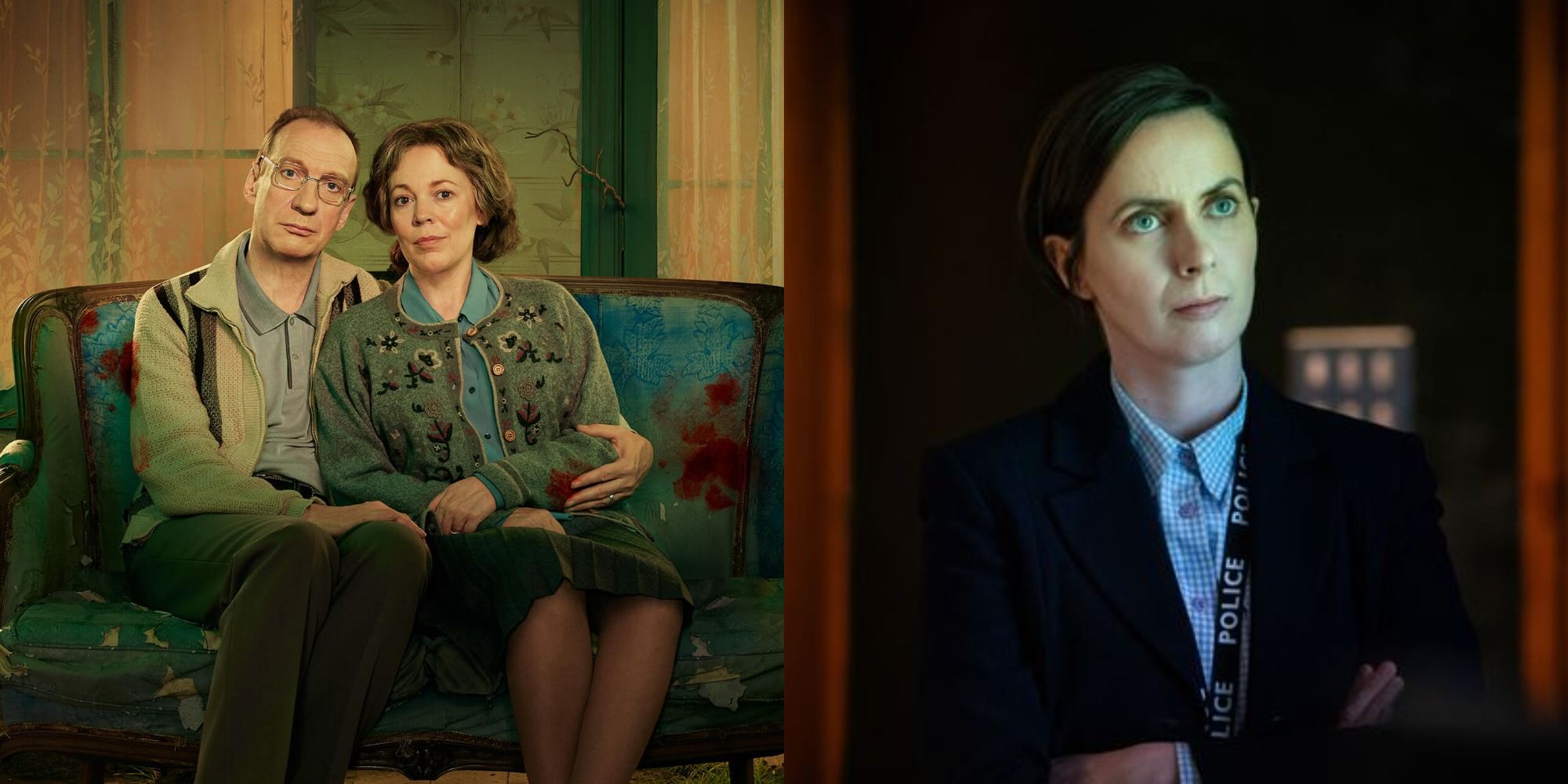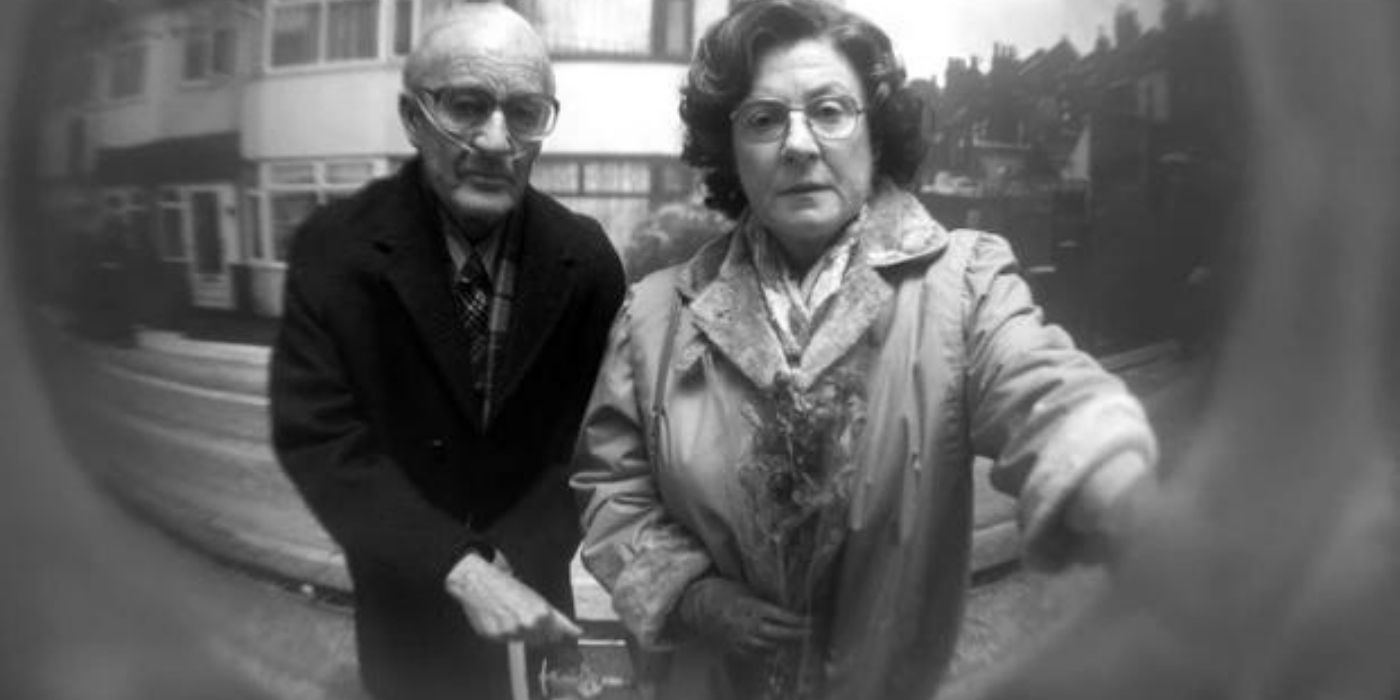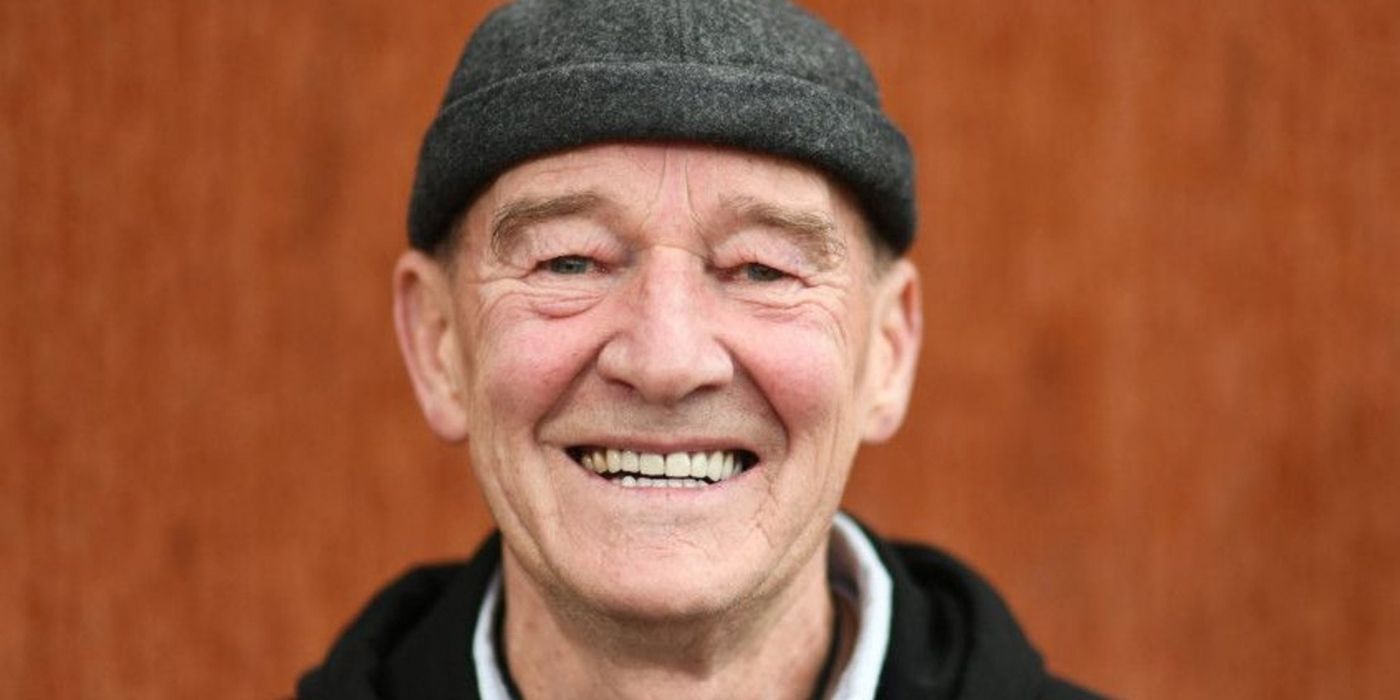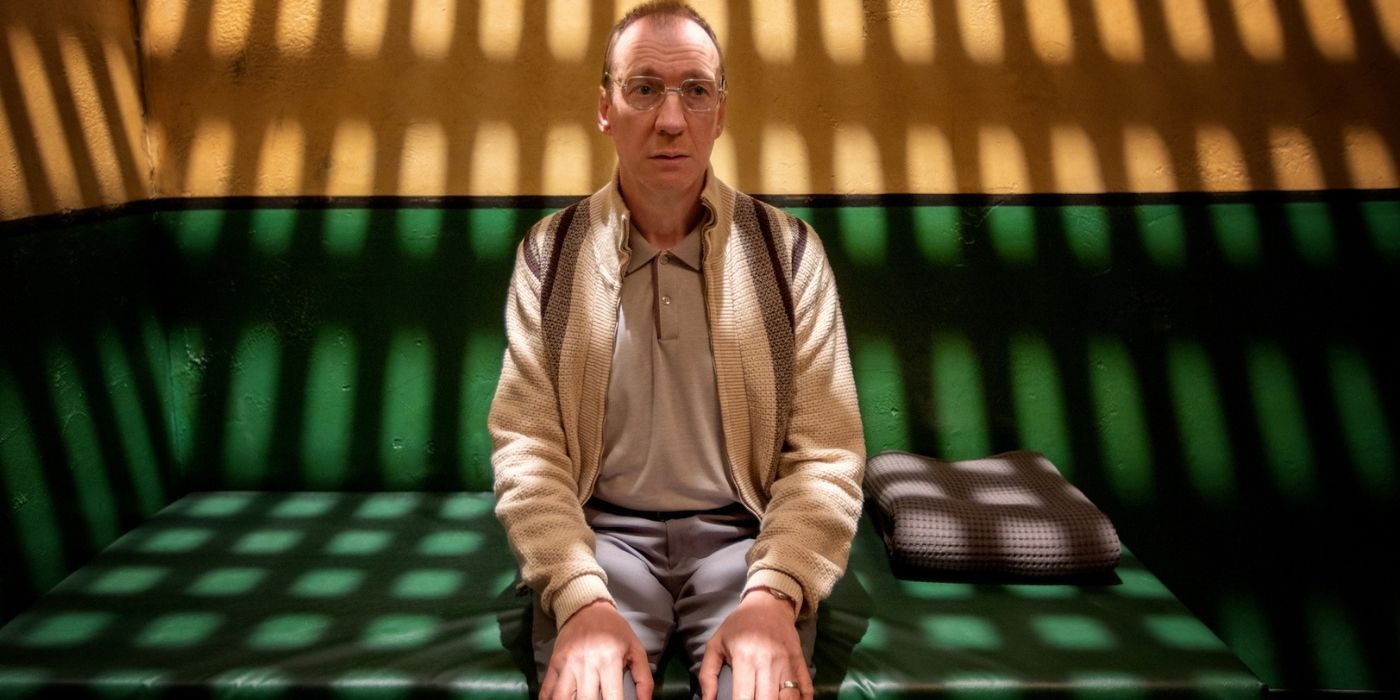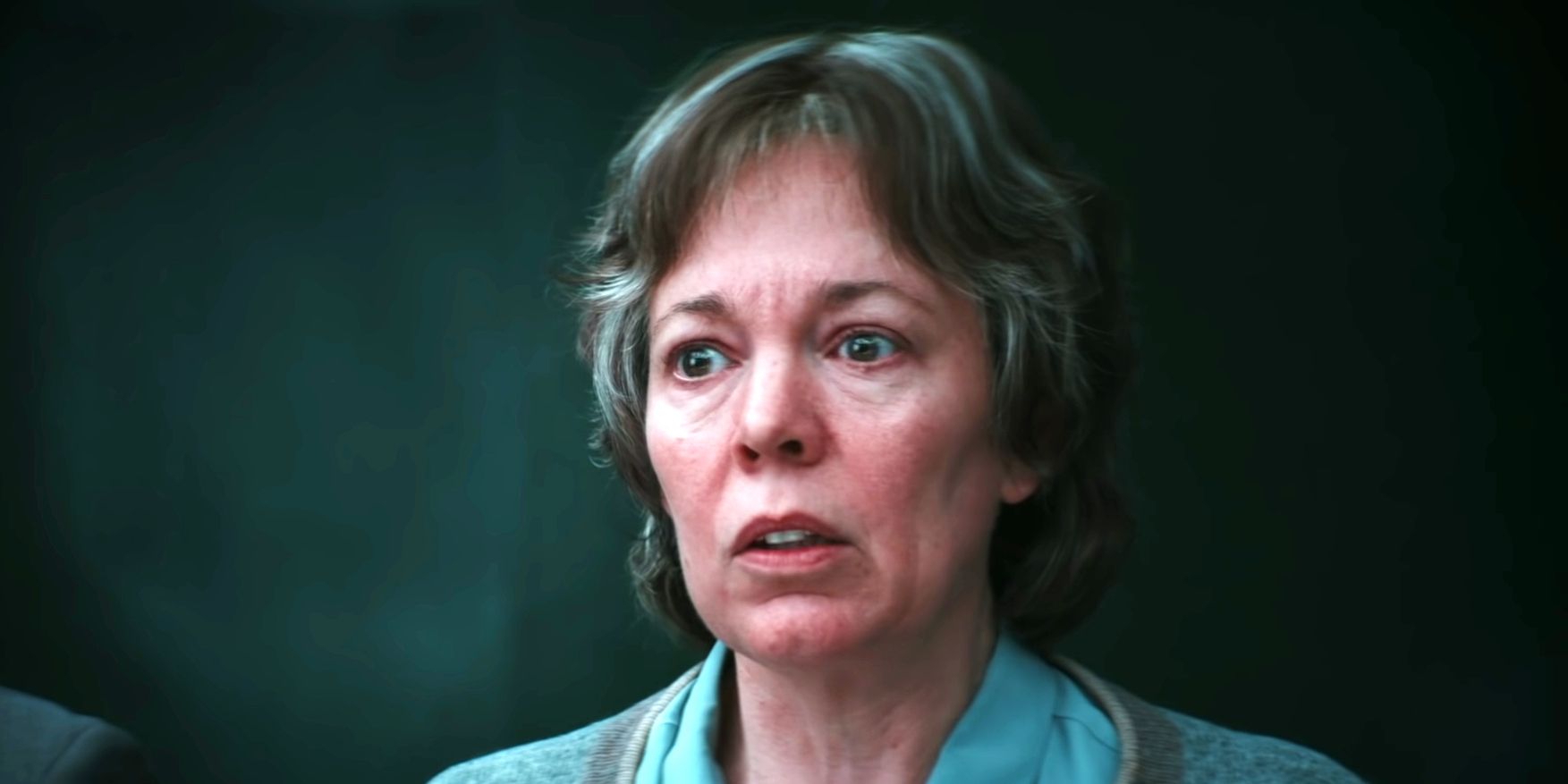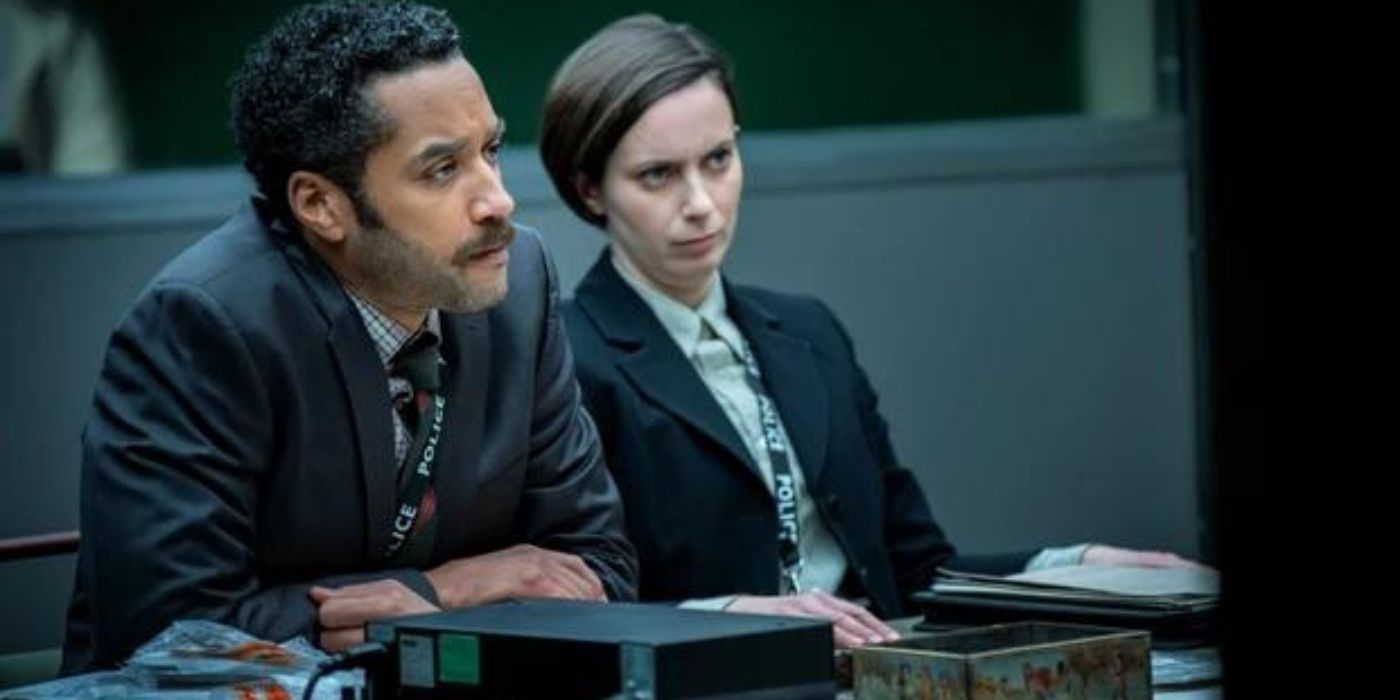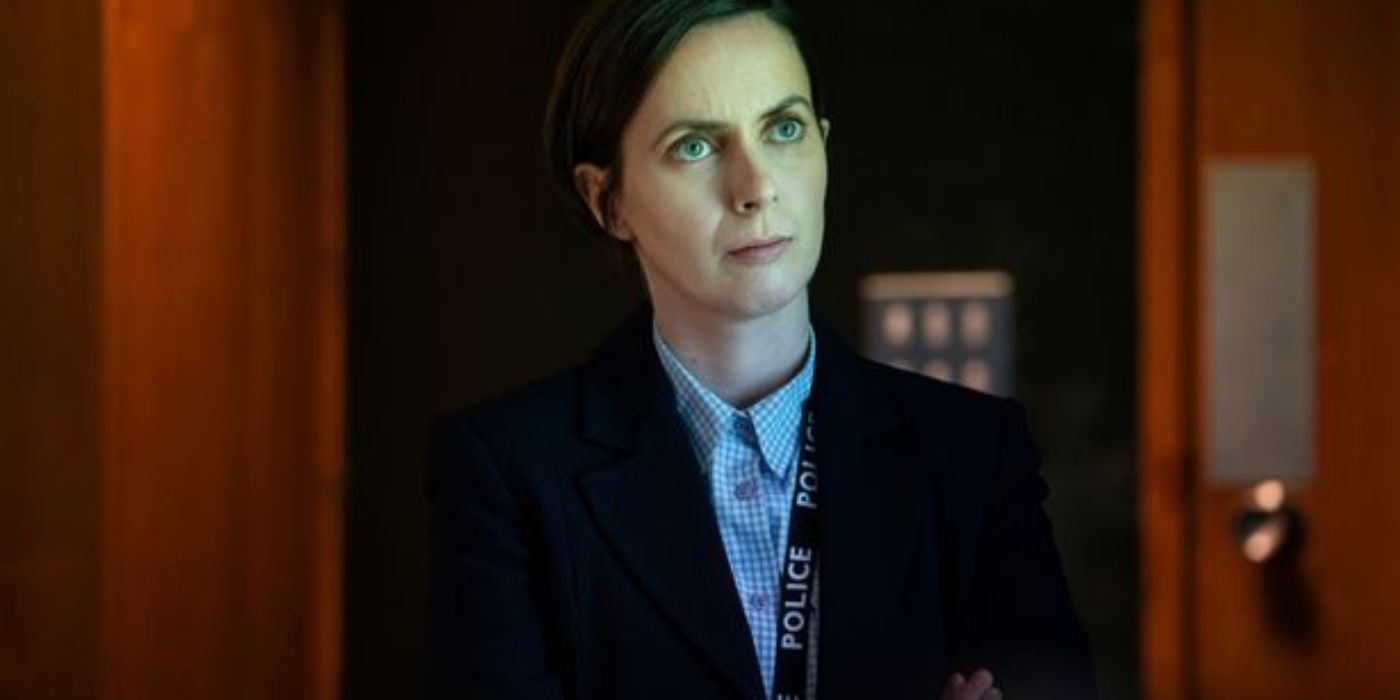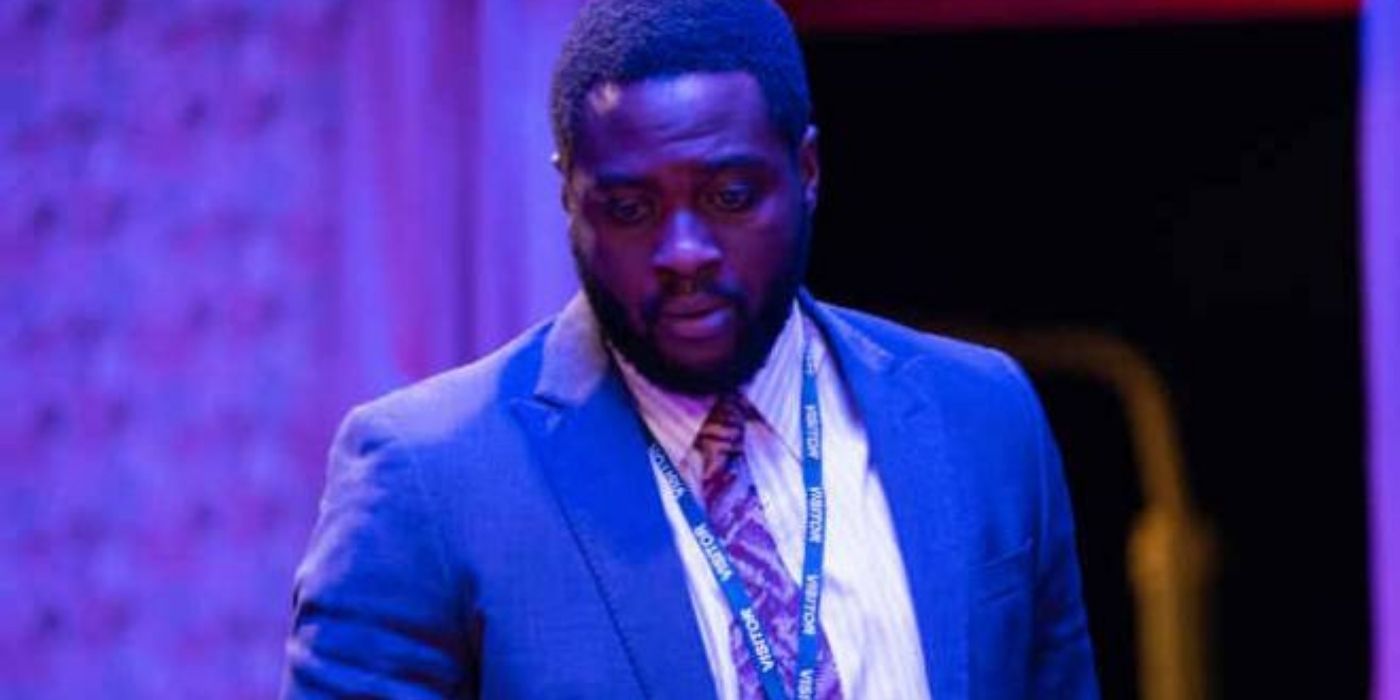It's difficult to make a true-crime drama with likable characters especially when the two main characters are suspected of a brutal murder. However, Landscapers does a masterful job of portraying the complex psyches of Susan and Christopher Edwards, as well as those around them - creating characters that are likable if not always understandable.
Throughout the first couple of episodes Susan looked like the guilty party however in the final 2 episodes it was Christopher who viewers began to dislike and pinpoint as not only the murderer but also a serial gas-lighter with fans feeling increasingly sorry for Susan. The cast of characters each have their own complexities, but which of them come off as the most likable?
Patricia Wycherley
There were two characters in Landscapers who stood out as being thoroughly unlikable - Susan's parents, murder victims William and Patricia Wycherley. In a twisted series of events, viewers went from wanting justice for the two bodies buried in the garden to gaining an understanding of Susan's motivations. In the show, it's revealed that Patricia had been aware of the abuse Susan had been subjected to her whole life and turned a blind eye, continuing to be married to the individual responsible for that abuse.
She also played a big role in damaging Susan's self-esteem to the point she then sought the parental protection she lacked from her mother, in Chris. Due to the abuse she had suffered in both her childhood and early adulthood, Susan entered a toxic relationship where she was constantly belittled. She accepted Christopher's behavior because that was what she was used to from her family. However, Chris did try to protect Susan from harm which is a lot more than her own mother did.
William Wycherley
William was the other murder victim. He was also Susan's father but he didn't exactly fulfill his parental role as he subjected Susan to years of sexual abuse, something that Patricia, Susan's own mother, was aware of. The frail-looking image viewers were presented with at the beginning encouraged viewers to feel sorry for William but once his dark side was revealed it was hard to feel sympathy.
William was far from a good father and, judging by the conversation between Patricia and Susan, was not a pleasant man to be around. His actions towards Susan were unforgivable making him a significantly unlikable character in the show.
DCI Tony Collier
Viewers heard DCI Tony Collier before they saw him with his loud uncensored way of talking making fans laugh from the offset. Whilst his displays of anger lefts fans in stitches, his character wasn't particularly likable due to his inability to see Christopher and Susan as real people rather than just criminals. Tony failed to empathize with the pair as he was too focused on retrieving a confession that would see the pair be charged with the murder of William and Patricia Wycherley.
His character was often led by his career resulting in him being a hard-nosed police officer that fans failed to warm to. However, in the final episode, Tony redeemed himself ever so slightly when he gave DC Paul Wilkie and DC Emma Lancing praise for their work within the case. It was particularly his compliment towards DC Emma Lancing that made him more likable to fans after doubting her ability in the first couple of episodes.
Christoper Edwards
Christopher initially seemed like one of the most unusual murder suspects on TV but he soon proved viewers wrong when his arrogance began to destroy him. At first, he seemed like a caring man on the brink of a breakdown after he failed to find employment. However, he sought to keep Susan happy by showering her with compliments and always offering words of support when she needed them the most. This soon changed when it became obvious that Christopher was not much better than Susan's parents.
He consistently referred to Susan as a fragile human making her completely dependent on him, boosting his already high ego. His very high opinion of himself ultimately led to him incriminating himself when he confidently demonstrated his knowledge of guns. His caring image was soon destroyed by his arrogance which suggested that his nice guy exterior was all for his own benefit. This behaviour resulted in him being among the most unlikable characters.
Susan Edwards
Susan was a character that tore viewers' morals apart, Many felt sorry for her but others argued her intelligence made her sly. Her character was portrayed as a vulnerable individual from the offset, she was often seen to be highly emotional which is perhaps why she was labeled as fragile by her husband. Her fragility led to a lot of viewers excusing some of her behavior through fears that had been brainwashed by Christopher but it soon came to light that she was quick to betray others, making her less vulnerable than viewers first thought.
The portrayal of Susan in a sympathetic light creates a common true crime problem for Landscapers, a story that is based on a real case, but it's also revealed that Susan is deeply flawed and at fault. Susan hid her secret purchases and the overdue bills that went with them from her husband leaving the pair raking up huge amounts of debt, and this act of betrayal wasn't the only questionable thing Susan did. She also wrote letters to her husband from famous film star Gérard Depardieu, which started as a sweet act of kindness but spiraled into a corrupt scheme. The letters could almost be portrayed as her taunting Christopher for calling her fragile for all those years, suggesting she was more clued up than viewers originally thought.
DC Paul Wilkie
There are lots of things movies and TV get wrong about cops, but Landscapers offers some more nuanced portrayals of police officers. DC Paul Wilkie worked alongside his partner DC Emma Lancing and whilst the pair were both likable, Paul lacked the level of empathy and ambition that Emma had. He took on a forward-facing role within the investigation but was often placed in the background as his partner Emma pushed boundaries leading to the couple being charged.
Emma was also able to empathize with the suspects whereas Paul found it difficult to treat those involved as real people. This was particularly obvious when he casually questioned Christopher's stepmother, he continued to load her with questions without offering her any emotional support. He was still a likable character on the show due to the humorous pairing of him and Emma but just missed the top spot.
DC Emma Lansing
DC Emma Lansing became the leading force behind the investigation when she pushed boundaries and asked to be the one to interrogate the two suspects. Her ambitious nature saw her prove her male colleagues wrong when she was able to pin the two suspects against each other leading to evidence, seeing the couple charged for the murder of Susan's parents. Emma has a hard exterior with excellent skills in interrogation, making her one of the toughest female detectives in film and TV. Her work led the stubborn couple to crack under pressure however the hard exterior her character exudes is a cover for her own vulnerabilities.
Emma can empathize with Susan as her relationship with her own father makes her able to also recognize gaslighting when she sees it. She makes it her duty to get justice for both the Wycherley's whilst simultaneously freeing Susan from the chains of Christopher, making her one of the most likable characters in the series.
Douglas
Douglas was a likable character throughout all 4 episodes due to his soft nature, allowing both Susan and viewers to warm to him. He advised Susan on her legal stance but also provided support in her most vulnerable moments. When Susan learned of the sentencing she broke down sharing with Douglas that she could not be without Christopher. It was obvious to Douglas that Susan's dependency on Christopher was due to her lack of parental support when she was younger, he offered his own story as an example that prison doesn't mean your life is over.
He shared that his spell in prison led to him finding peace in this world after moving away from the negative things that caused him to have a criminal sentence. His empathy towards Susan saw him overlook her potential crimes and view her in a more human way: a person grieving the loss of her husband's company and the routine that kept her safe. In his final scenes, Douglas was seen returning home on the train whilst shedding a tear highlighting his heightened empathy towards Susan and her guilt in leaving her when she was in such a vulnerable state.

